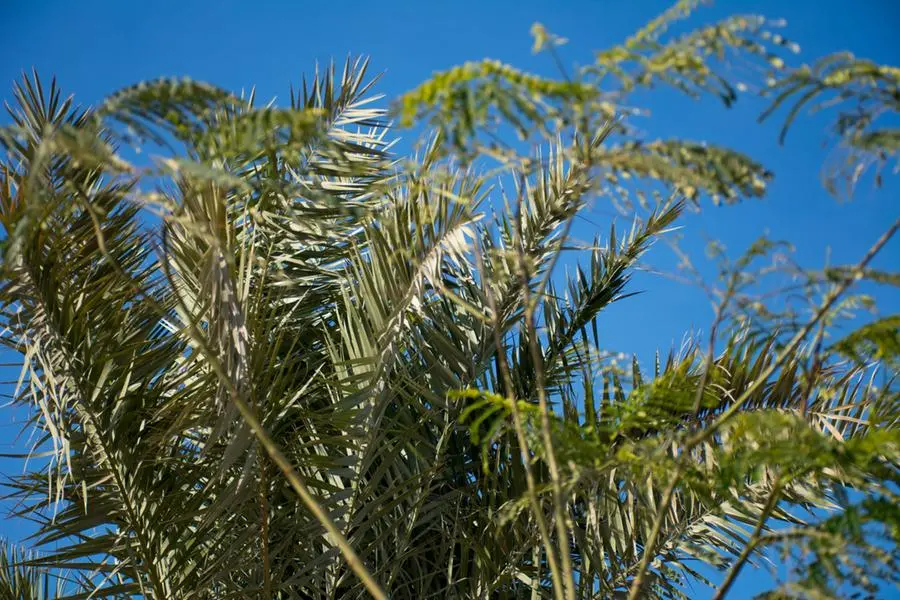PHOTO
United Nations (UN) experts could be asked to step in to help Bahrain harvest rainwater to prevent the annual deluge from going down the drain or pumped up and disposed of into the sea.Municipal chiefs are urging the government to ask the United Nations Development Programme (UNDP) and the United Nations Environment Programme (UNEP) to present options to save the soaking for the rest of the year the kingdom is sizzling under the sun.
Millions of cubic metres of rainwater are being wasted annually, said the Capital Trustees Board Chairman Saleh Tarradah, suggesting that it should be channelled into reservoirs.“When the rain is this heavy we should conserve what is a limited resource,” he said. “It is time for UN experts to come in and help us with available modern options.”Harvested and treated rainwater could then be used to water gardens and agricultural land, for livestock and domestic use, as well as help replenish groundwater levels.Some of the answers could also come from looking at the past when Bahrain’s historic springs were a source of fresh water, he added.
Former Works, Municipalities Affairs and Urban Planning minister Essam Khalaf told the previous Parliament that tests carried out to reuse rainwater had proven unworkable although some experiments showed potential and could be implemented when new technologies surfaced.He added that rainwater was often not fit for human consumption due to contamination.The former minister also suggested that harvesting systems could be rolled out in parks across Bahrain if a pilot project in Hunainiya Valley proved successful.
A storage system has been installed at a new park in the area and its water could be used for irrigation.Rain drainage systems are also being embedded in new roads, though they are not present in all areas.UsesHarvested rainwater stored in tanks in Europe is used for flushing toilets, laundry, washing cars and watering gardens.Also, Southern Municipal Council chairman Abdulla Abdullatif said Bahrain’s water is desalinated 66 per cent from sewage and 34pc from under soil.
“Rainwater is clean if it flows directly into the tanks without coming into contact with other surfaces,” he said. “Even if it is polluted, it is much cheaper to treat such water than dismiss it as sewage.“Currently, excess rainwater, collected in pits across Bahrain built by the Works Ministry, is drained off into the sea instead of being stored in tanks.“Even in the new designs for new roads and highways, the pipelines are towards the sea.“I believe UN experts could help with making better use of that.”Mr Abdullatif said injecting stored rainwater into the soil is proving successful in the UAE with an average of 40 million cubic metres of rainwater being put to use.“We have been presented with a study by students from Bahrain University that proposes building a 73,500 cubic metre tank at a depth of 15 metres besides a purifying unit of 16 cubic metre size,” he added.
“The students have received acceptance of their studies from government officials and even from the Works Ministry. Now we need action and implementation.”The Works Ministry said earlier it was working on new designs, which would involve connecting harvesting tanks to other channels to ensure rainwater is put to full use.“We are also working on designing and installing soakaways in areas to avoid waterlogging,” a spokesman added.Soakaways are pits into which waste water is piped so that it drains slowly out into the surrounding soil.Mohammed@gdnmedia.bh
Copyright 2022 Al Hilal Publishing and Marketing Group Provided by SyndiGate Media Inc. (Syndigate.info).





















